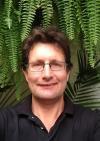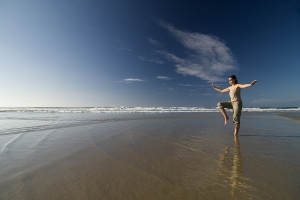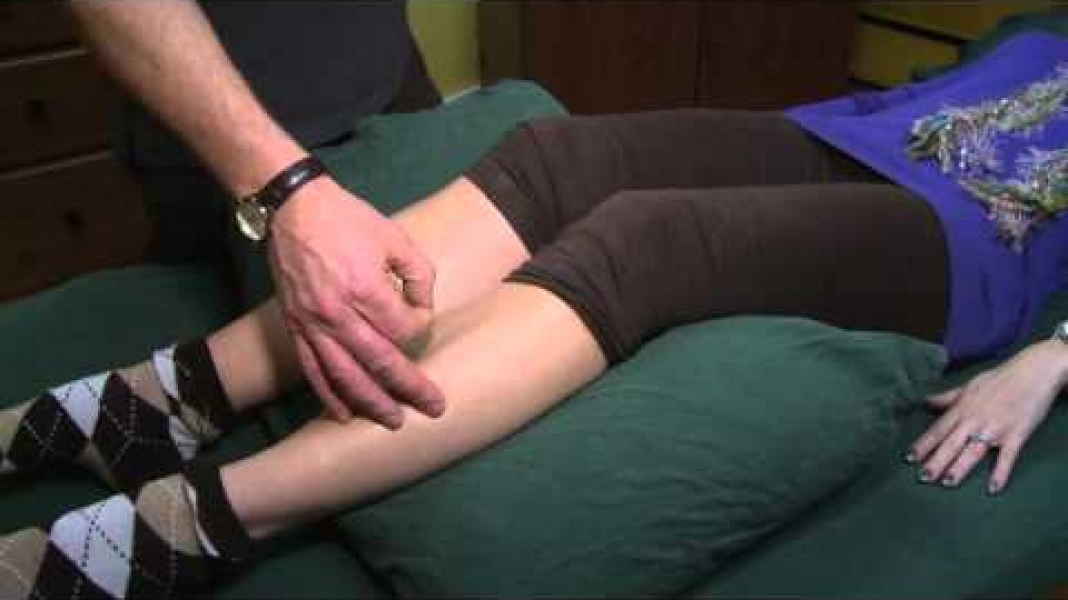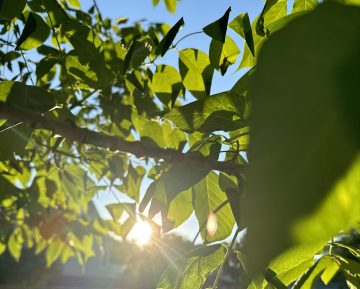
Gord Grant, PhD, RAc

Stewards in times past were officials who governed and were responsible for a specific land in the name of the monarch. Only in recent times however, has the this idea really applied to us all. Like representatives of the monarch before us, we citizens now are stewards to our democratic entitlement and the society and land we inhabit. More narrowly, we contemporarily define stewardship toward environmental concerns regarding natural resources, species diversity, and global climate change. In a broader context, we actually practice stewardship in our daily lives through all our activities. Regardless if we are aware or not of these as stewardship decisions and actions, indeed they are.
Humanity is realizing how unsustainable and unstable our expansive solution to progress may be as we plan our future – this applies to our social and economic policies, our energy consumption and resources, approaches to transportation, and our agricultural and environmental practices too. And so it is with our health system. Yet it is as if we have become resigned to wait for a crisis before we fix things; we look to experts and seek a technological fix rather than one of changing our assumptions and the way we approach change itself.
In general as a culture then, we have come to rely on technological fixes for not only our societal problems, but also for our own health issues. This technological approach may not possess the competency necessary to really resolve the bigger issues. And to compound this problem and make it more earnest, as individuals we are becoming less immediately attuned and accountable to our own health. As we have become more dependent on experts to tell us if we are healthy, or how to become healthy and address our diseases, we have become less practical, less disciplined and personally less capable with our own internal domains.
So we go in circles and ask, “where can we start then?” Coming back to our health, perhaps the most basic and authentic act of stewardship, from which all leadership, meaning, and belonging can sustainably grow, is discovered first within the agency each of us has toward our own body and mind. The nature of this awareness and how we act upon it reflect a lot about how we see ourselves. How we care and regard for our own wellbeing and health is the foundation from which each of us can appreciate and foster respect for other people, living things and the world. Our health and vitality then can become the vehicle for our thoughts and words and actions, and is cultivated through our life experiences, both good and bad.
The struggle of each individual to find his or her way to live a more meaningful and healthful life represents a distinct set of circumstances that cannot be judged by another. This unique experience we each have with health does not argue, does not obey statistical probabilities, and does not always play “fair”; indeed, in the end it gets its own particular way. If we try to ignore its nature and limitations and the lessons it teaches, sooner or later we are forced to check in and be urgent students of its curriculum.
Ironically, perhaps this awkward transition represents the necessary growing pains each of us and ultimately our society must experience. As we mature, what will become of our relatively new found technological opportunities and emerging privileges of an individual’s choice?
We can’t know, but we can engage this challenge. We can shift our focus within, and take full responsibility for our own health. Let this then be an act of stewardship, representing a strong foundation for a sustainable future, not only for each of us and our wellbeing, but for all people, and things we influence.




